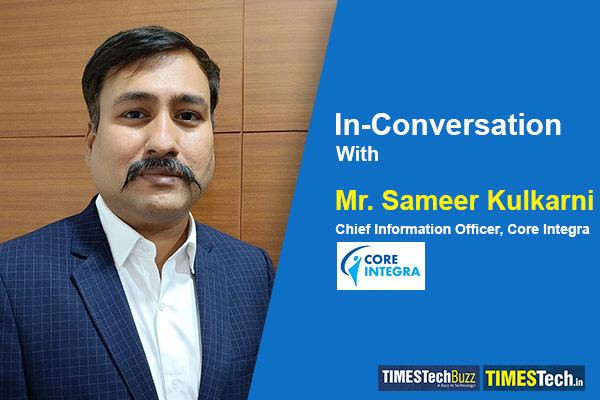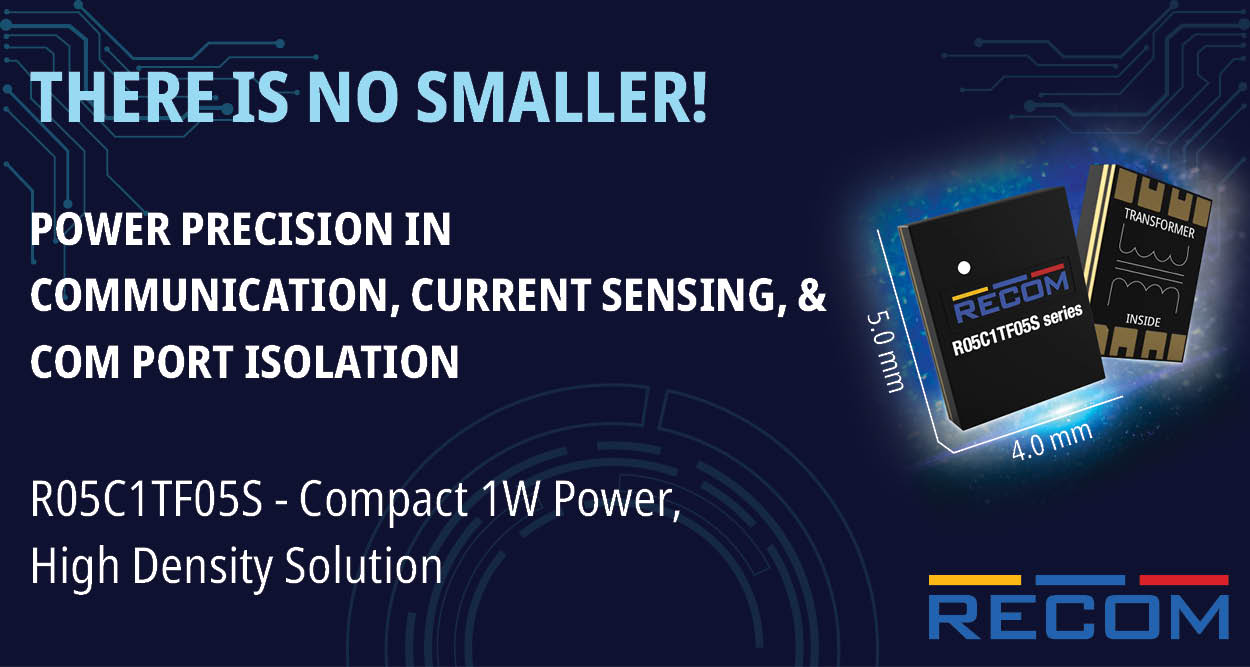In an exclusive interview with TimesTech, Sameer Kulkarni, the Chief Information Officer at Core Integra, shares insights into the profound impact of Robotic Process Automation (RPA) and Software as a Service (SaaS) on compliance solutions. From enhancing operational efficiency to mitigating risks, Mr. Kulkarni sheds light on the dynamic role technology plays in shaping the future of compliance management, both in India and on a global scale.
Read the full interview here:
TimesTech: Can you share your experience in RPA and how it has influenced your role as the CIO at Core Integra?
Mr. Sameer: As a CIO, incorporating RPA into operations can greatly enhance efficiency. By automating repetitive and rule-based tasks, the CIO can redirect their attention towards strategic initiatives and higher-value projects. RPA also has the potential to save costs by eliminating the need for manual labour in routine processes, allowing for more efficient allocation of resources, Ex. Simple RPA tool can eliminate the need for complex changes in legacy systems, RPA is also used in nonlinear integration like fetching data from one system and loading it to another UI, or taking a case of end-of-the-day reconciliations, etc. with RPA implementation options are endless.
With the implementation of RPA, data accuracy and compliance can be improved through the reduction of errors during data entry and adherence to predetermined rules and regulations. This, in turn, enables the CIO to focus on critical strategic planning, such as implementing cutting-edge technologies and implementing cybersecurity measures across the organization. Ultimately, by streamlining operational efficiency through RPA, the CIO is better positioned to drive innovation and achieve long-term business goals.
TimesTech: How do you envision technology, particularly RPA and SaaS, shaping compliance solutions in India and globally as the CIO of Core Integra?
Mr. Sameer: In an age of quick technological developments, the Chief Information Officers take on a leading position in compliance solutions transformation. The adoption of Robotic Process Automation (RPA) and Software as a Service (SaaS) is turning out to be an essential approach for India in the landscape on different levels.
With RPA, repetitive tasks are automated leading to increased efficiency as well as optimized accuracy in compliance processes. CIOs visualize a future where regular regulation work is carried out autonomously by smart robots, thus freeing up human resources for higher-level matters. SaaS, cloud-based model presents a level of flexibility and access that CIOs have rarely seen before. On cloud compliance solutions: hosting ensures that organizations can change their structure of business concurrently no matter if they have geographical barriers, it provides operational and cost benefits to clients.
For instance, localized technology solutions like RPA and SaaS are potentially game changers for CIOs working in India, countries where the regulatory framework is very dynamic. These technologies ensure compliance through real-time monitoring and reporting, thus reducing the occurrence of non-compliance.
In terms of the role played by a CIO globally, it transcends merely adopting technology; evolving this function is synonymic to creating a culture that marries compliance-tech entanglements. RPA and SaaS are not just tools, they do have an application of enabling a state of agility that keeps organisations one step ahead in terms of standing on the regulatory curves in this more intricate world order.
The CIO’s vision is clear: use of technology in designing robust, adaptive and gaining firms for the trials they will need to go through.
TimesTech: Could you highlight a success story or case study where Ctrl F significantly benefited an organization in terms of compliance management and risk mitigation?
Mr. Sameer: I can mention the case study of one of the largest EPC in India managing global projects as well. CtrlF manages the entire end to end compliance workflow for Contractor management which includes aggregation, onboarding, verification & validation, processing, attendance management, wage runs, record-keeping, generation of registers & returns in bi-lingual formats across multiple States, performance tracking and real-time dashboards. The Client has over 300 sites with over 3000 Contractors across all States in India and has been using Ctrl F for over 3 years now. Other than centralized record management, accurate processing and real time information, Ctrl F has been able to control revenue leakage and ensure 100% compliance adherence in a segment where maximum non-compliances are prevalent putting Principal Employers to the highest level of risk.
TimesTech: How does Core Integra ensure Ctrl F remains agile and aligned with cutting-edge tech innovations to meet evolving complance needs?
Mr. Sameer: Core Integra maintains Ctrl F’s agility and alignment with cutting-edge tech innovations by fostering a culture of continuous learning and adaptation. The company prioritizes regular training sessions for its team, ensuring they stay abreast of the latest technological advancements and compliance requirements. Through strategic partnerships with industry leaders and participation in tech forums, Core Integra actively engages in collaborative knowledge-sharing. Additionally, a dedicated research and development wing allows Ctrl F to experiment with emerging technologies, integrating relevant solutions promptly. This proactive approach ensures that Ctrl F evolves alongside the dynamic tech landscape, meeting compliance needs efficiently and staying ahead in an ever-changing environment.
TimesTech: Can you provide examples of how RPA and AI technologies have been applied within Core Integra or for clients, leading to process efficiencies or cost optimization?
Mr. Sameer: Reg Tech platforms like Ctrl F are developed to process compliance transactions, perform verifications and validations, generate forms and formats, provide dashboards and MIS along with alerts and notifications on critical activities and deadlines. The platform must also integrated with various source systems for seamless data transfer in a secure manner and with destination systems in some cases for consolidation, governance and global reporting.
Robotic Process Automation (RPA) plays an important role in various aspects such as transfer of data between platform, source and destination systems where integration is not possible or not preferred, perform logical calculations, reconciliations, data extraction and verifications, structuring content and information dissemination automatically. It is easier and cost effective to use RPA for above mentioned rather than build on the platform. With regards to Artificial Intelligence (AI), there are many decision-making points and triggers in the process workflow which can be defined in the platform to be automatically executed and communicated if certain conditions are identified and met, to avoid human dependency for decision making and improve timelines of execution.















